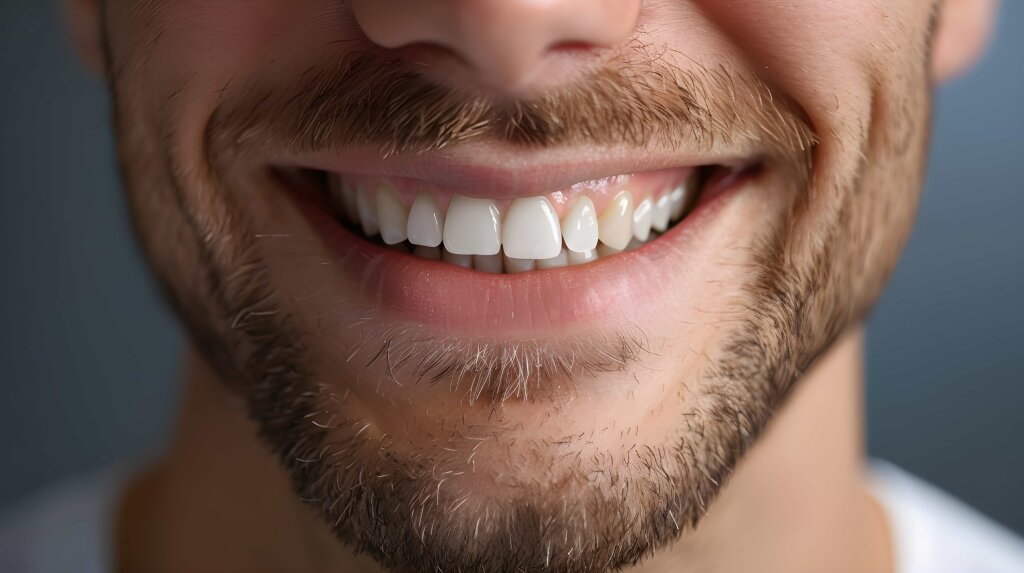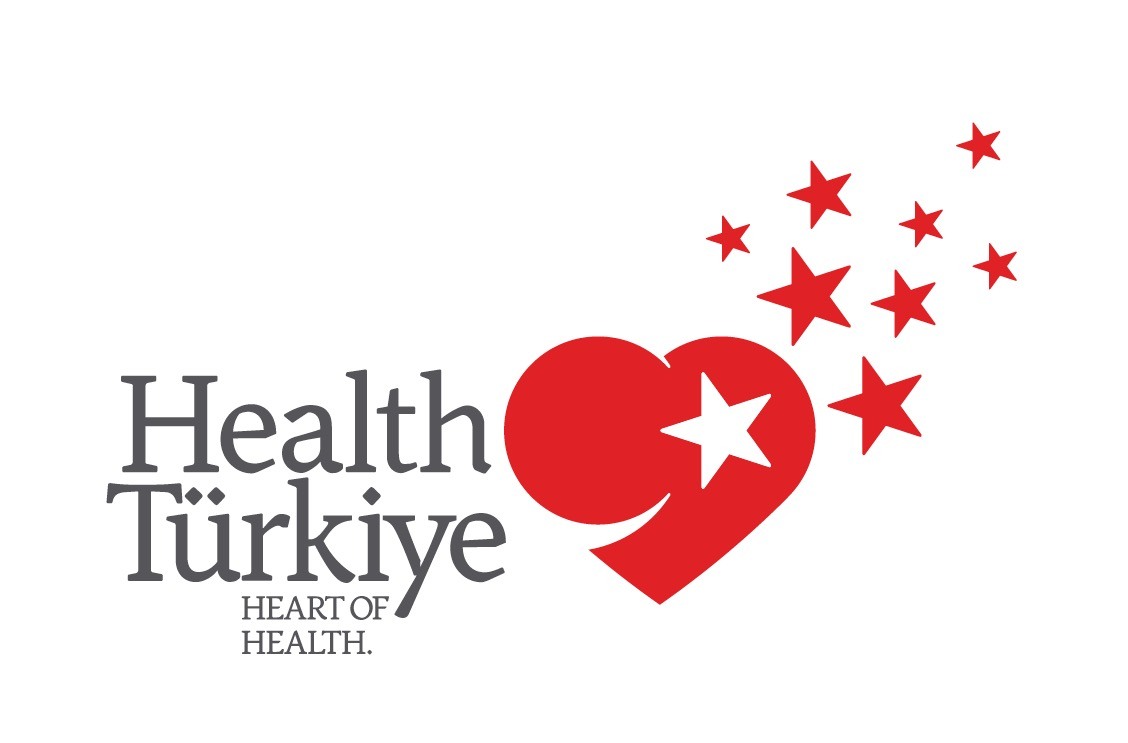Caring for Baby Teeth: Practical Tips for Parents
Baby teeth play a crucial role in the oral health of children. Although these teeth are temporary, they are essential for the child's nutrition, speech development, and the healthy eruption of permanent teeth. Regular care of baby teeth helps maintain overall dental health and prevents future dental problems. As parents, being informed about baby teeth care ensures long-term oral health for your children.
The Importance and Protection of Baby Teeth
Baby teeth usually start to emerge at around 6 months of age and are replaced by permanent teeth by the age of 12. During this time, taking care of baby teeth is extremely important for the proper development of permanent teeth. Neglecting baby teeth can lead to early tooth loss, cavities, and issues in jaw development. This could result in the need for orthodontic treatment in the future.
How to Prevent Cavities in Baby Teeth?
Tooth decay is one of the most common oral health problems in children. Sugary foods, irregular brushing, and poor oral hygiene are the leading causes of cavities. Some measures that can be taken to prevent cavities in baby teeth include:
Regular Brushing: To protect baby teeth, children should brush their teeth at least twice a day. Using fluoride toothpaste from the age of 2 can be effective in preventing cavities.
Balanced Diet: Limiting sugary foods in your child's diet positively impacts dental health. Avoiding sugary drinks and snacks helps keep baby teeth healthy.
Regular Dental Checkups: Ensuring regular visits to the dentist allows for early detection of cavities and necessary interventions.
When Should Baby Teeth Start Being Brushed?
Brushing of baby teeth should begin as soon as the first tooth appears. From the moment the first teeth emerge, the gums and teeth should be gently cleaned with a soft brush. Up to the age of 2, parents should handle the brushing and ensure proper oral hygiene. When teaching brushing habits, it's important to pay attention to the amount and type of toothpaste used. After age 2, fluoride toothpaste can be introduced, but it should be limited to the size of a pea.
Make Brushing Fun
It can sometimes be challenging to teach children the habit of brushing their teeth. However, making this process fun can capture their attention. Using colorful toothbrushes with favorite characters, flavored (sugar-free) toothpaste, and brushing songs can be helpful. Creating brushing charts or reward systems for children are also effective methods.
Preventing Early Tooth Loss
Early loss of baby teeth can lead to serious issues in tooth alignment and jaw development. Losing teeth prematurely can cause permanent teeth to shift and lead to crowding. Such problems may require orthodontic treatment. Therefore, it is essential to prevent cavities and avoid dental trauma to protect baby teeth. If a baby tooth is lost early, the dentist may recommend a space maintainer.
Dental Visits and Fluoride Application
Dental visits help monitor your child's oral health regularly. Starting these visits at an early age is helpful in reducing any fear of the dentist. It's important to visit the dentist when the first tooth appears and continue with checkups every 6 months. Dentists can provide guidance on dental care and may apply fluoride treatments to strengthen tooth enamel if necessary. This application offers effective protection against cavities.
Things to Consider During Teething
The teething period can be a challenging time for both children and parents. During this period, symptoms like gum irritation, discomfort, and mild fever can occur. To soothe your child, you can use cold teething rings or finger brushes. Gently massaging the gums can also provide relief.
Tips for Parents to Ensure Healthy Teeth
Parents should focus on the following to help protect their child’s baby teeth:
Instill a regular tooth-brushing habit at an early age
Limit sugary food and drink consumption
Attend regular dental checkups
Use mouthguards to prevent dental trauma
Gently massage gums during the teething period
Caring for baby teeth is one of the building blocks of long-term oral health for your child. As parents, helping your child develop proper brushing habits, maintaining a balanced diet, and ensuring regular dental checkups are crucial steps for healthy tooth development. Regular care of baby teeth also paves the way for the healthy eruption of permanent teeth.






